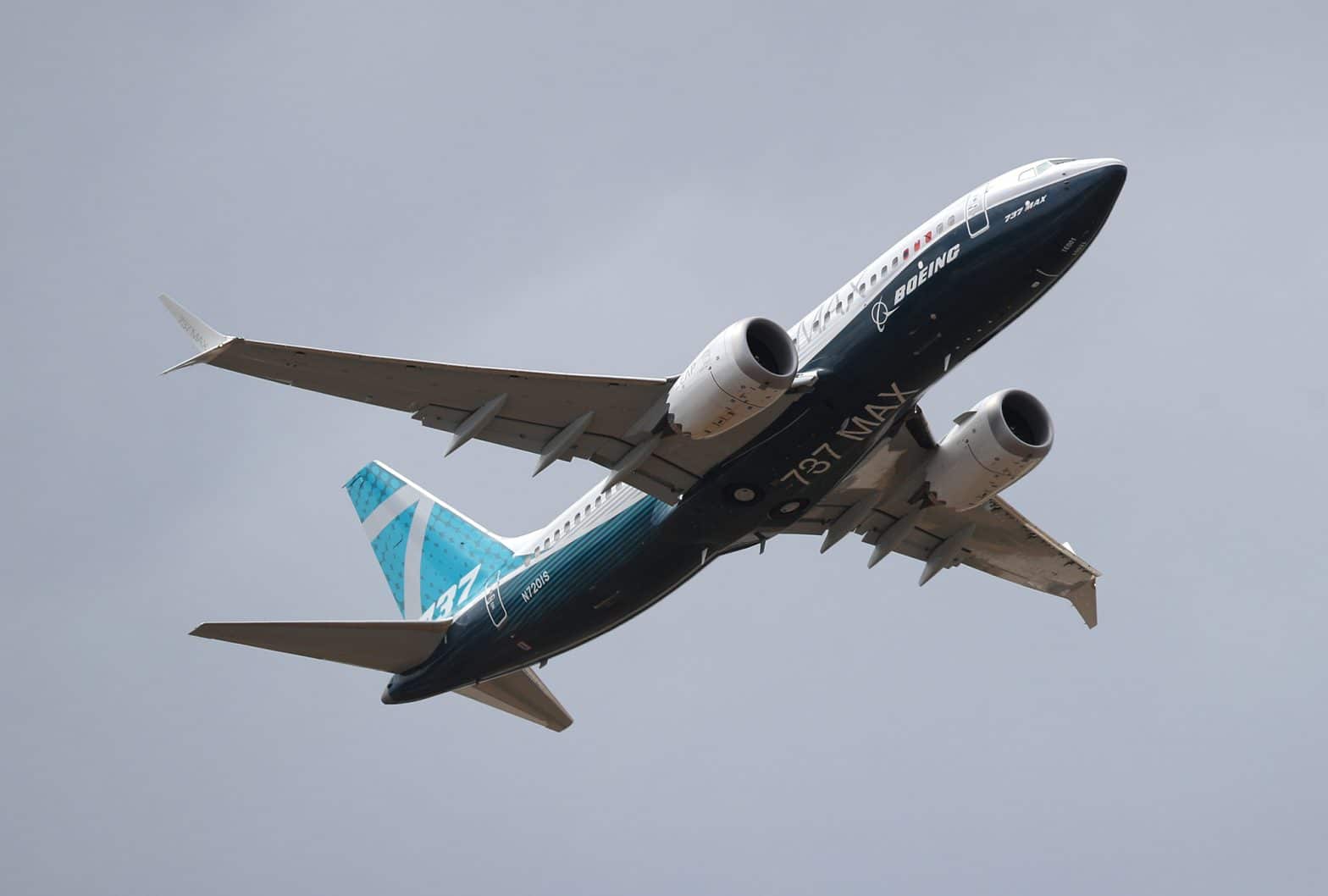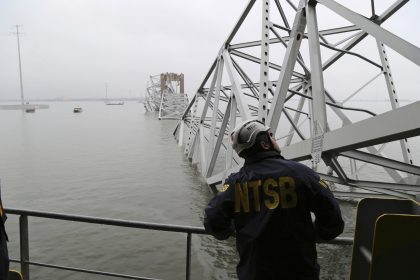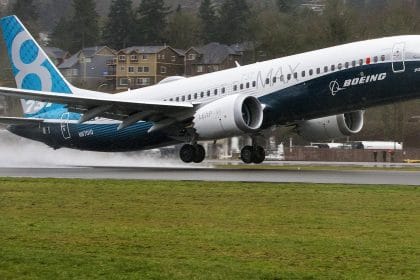737 Crashes Revamp Oversight, FAA Tells Congress

Responding to widespread criticism of the FAA in the wake of two deadly crashes of Boeing’s 737 Max outside the U.S., the inspector general of the Department of Transportation told a Senate panel on Wednesday that the agency plans to revamp its oversight of passenger aircraft development.
Inspector General Calvin Scovel III offered few details of what the revamp of FAA oversight will entail in testimony before the Senate Commerce Subcommittee on Aviation and Space, but he said the changes will be implemented by July.
Scovel also said the changes would include new ways to evaluate training and self-audits by aerospace companies.
The FAA has long delegated some authority for certifying new aircraft to the manufacturers themselves in part to reduce government costs and speed the rollout of new models to an aviation market always hungry for the newest and most advanced.
The practice is known as Organization Designation Authorization.
On Wednesday, in addition to Scovel, the subcommittee also heard from acting FAA administrator Daniel Elwell, Robert L. Sumwalt III, chairman of the National Transportation Safety Board.
Elwell told the panel that the revamping the agency’s certification program won’t be easy or inexpensive.
He suggested the FAA would have to hire 10,000 more workers and spend another $1.8 billion to match the number of airplanes certified for flight by its current, 60-year-old system of delegating duties to aircraft makers.
He also told lawmakers that despite how some might interpret the phrase “self-certification,” the FAA continues to exercise strict oversight of the manufacturers.
Not everyone at Wednesday’s hearing was convinced.
Sen. Richard Blumenthal, D-Conn., said he is about to propose legislation with the aim of increasing oversight for the industry.
He said he believes Boeing rushed to get the 737 Max into the air because of its tooth and nail competition with Europe’s Airbus.
In a rush for market share, concerns over safety were handled on the “cheap,” Blumenthal said. “There needs to be rigorous reform so the FAA is put back in charge of safety,” he added.
In related news, Southwest Airlines said Wednesday that the government’s grounding of all Boeing 737 Max jets will contribute to a $150 million revenue loss in the first quarter.
The airline said since the planes were grounded on March 10, it has had to cancel about 2,800 flights due to the groundings.
























